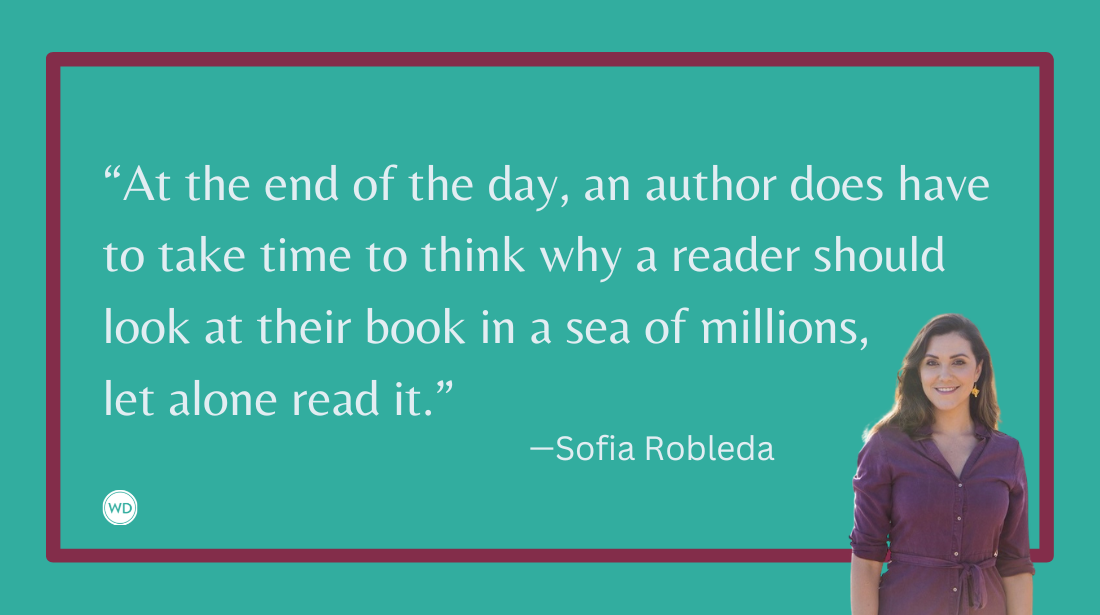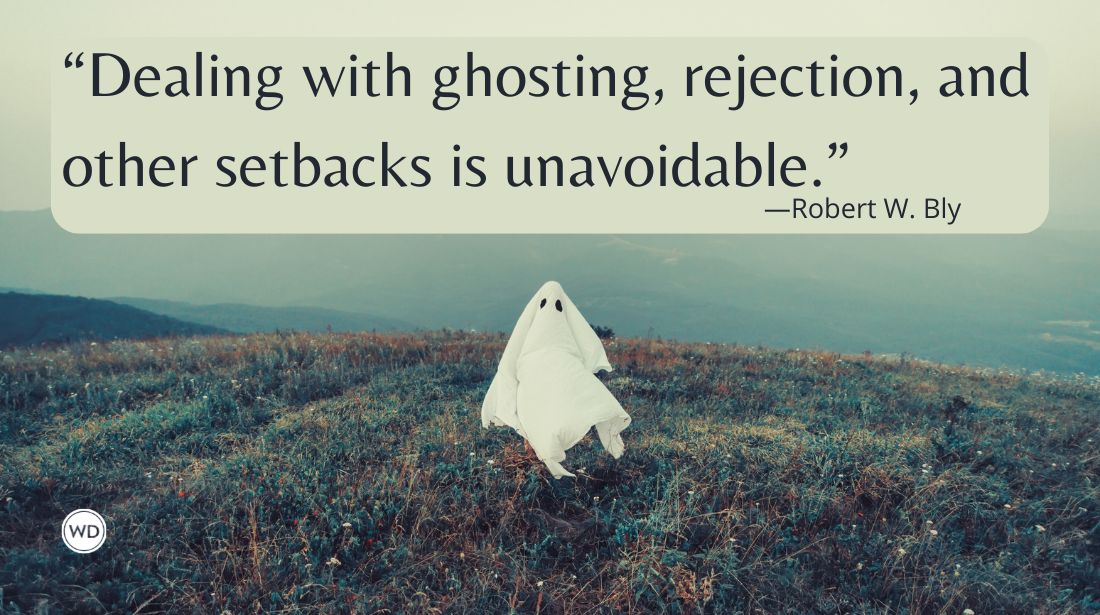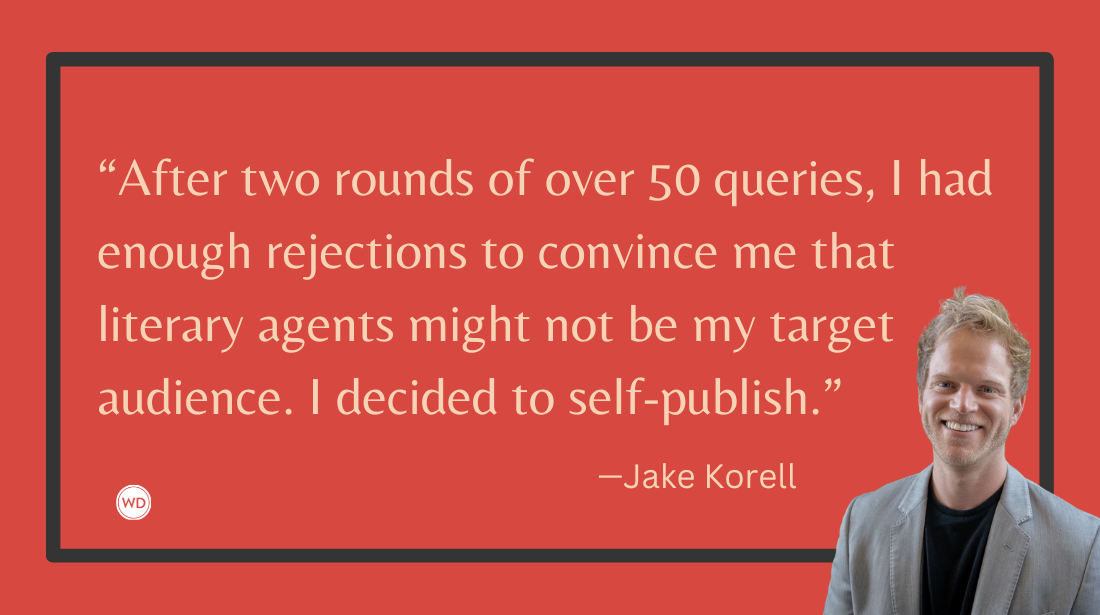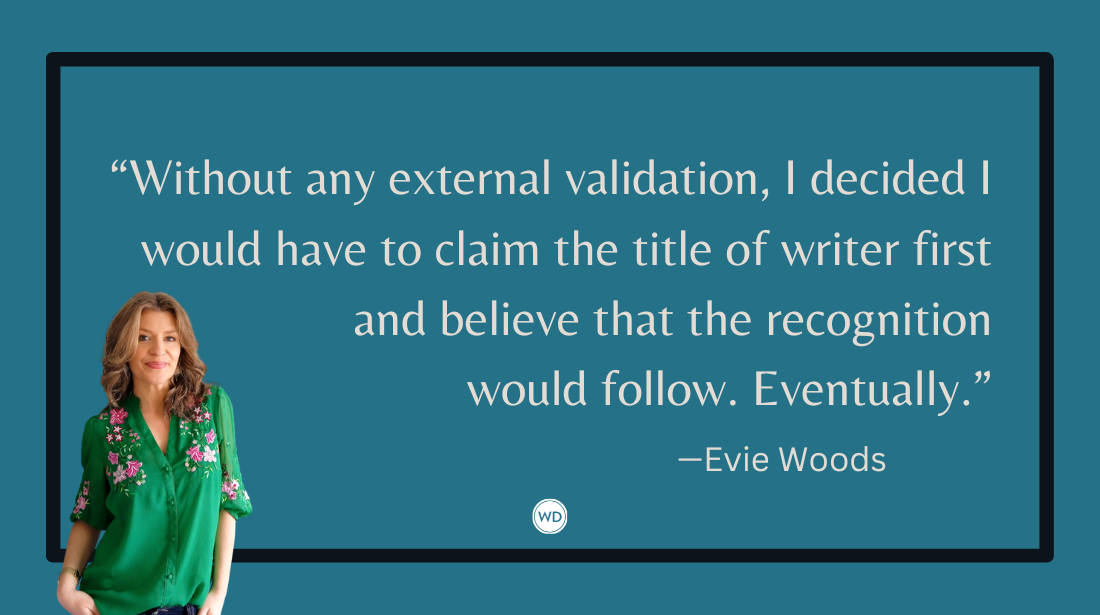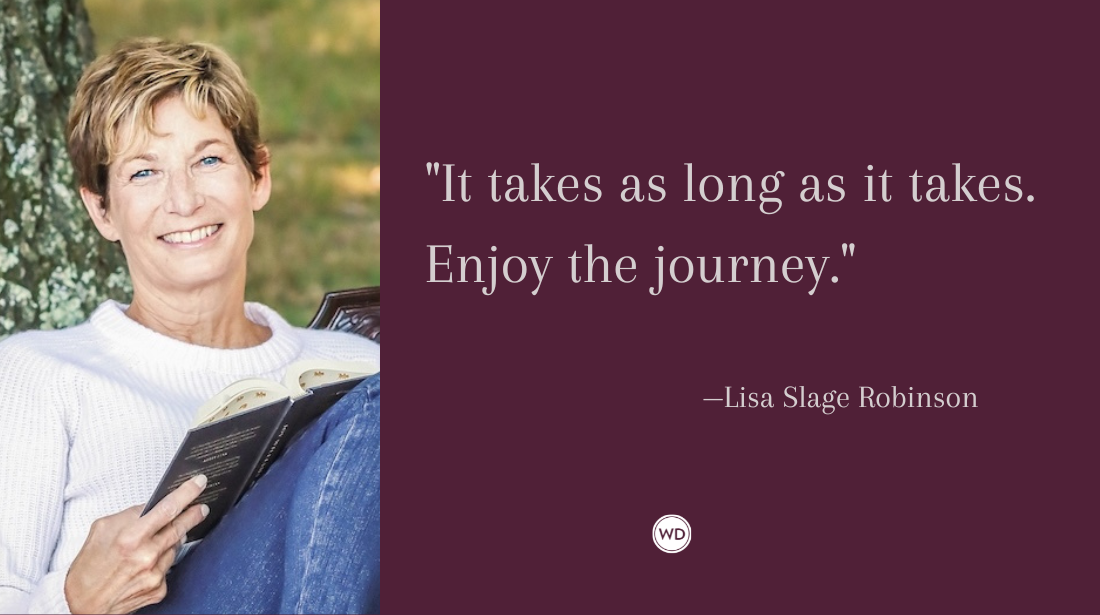Podcasting as DIY Audiobook Publishing
Seasoned podcast producer and sound designer Jaimi Ryan explains how authors can use podcasting as DIY audiobook publishing to reach readers.
Traditional audiobook production is expensive. There are gatekeepers at every turn and securing a deal can feel like trying to win the lottery. In the last 10 years, more and more writers have begun adapting their written works into podcasts to circumnavigate the roadblocks in traditional publishing. Through podcasting, they’re able to create audio books, essays, biographies, series, and more that are discoverable, shareable, and low cost—on their own terms.
In order to create popular audio work, you need to ensure great storytelling and clear audio, but you’ll also need to do the promotional work that would typically be taken care of by a publisher. You’ll need to make thoughtful decisions about production and format, and without advertising support, the discoverability and reach of your podcast is in your hands.
Getting Started: Gather Your Intel
Before you begin adapting your work into audio, it’s a good idea to sample the work of other authors who podcast their books and stories. Take note of different production styles, format, teasers, use of music vs minimalism, and think about what style works best for your writing and intended listeners’ experience.
Sci-fi author Scott Seigler, who I discussed in my post, 7 Great Examples of Podcasts by Writers, is probably the most ‘successful’ and discussed author when it comes to using podcasting as DIY audio book production. He got his start through podcasting chapters of his book, which had been rejected by publishers and has gone on to have a 20+ year career as a bestselling author, thanks to the popularity of his DIY audio work. He was also one of the first authors to do this, so it’s good to note that the podcasting landscape has changed quite a bit since he launched his first series in the early 00s. However, perusing his body of work and career arc can still be helpful to writers looking to podcast their work today.
Podchaser has an extensive list of independent fiction podcasts here that can help you get started. These podcasts are a mix of work produced solo by the authors, with a very small team dedicated to great independent fiction, or occasionally in tandem with university programs. The works on this list are diverse in their genres as well as production and sound design and are all immensely popular. When deciding how you might like your own audio work to sound, sampling a mix of other literary podcasts is a great place to start.
Adapting for Audio
Podcasts in the aforementioned Podchaser list use a variety of audio production styles. There is no right way to produce your podcast, it just needs to support your writing and provide an easy listening experience. You don’t need music and sound effects (unless you want them and it’s additive). Clean audio with good pacing is the most important thing. Noise, long pauses, and noticeable cuts can distract from your story and lose listeners.
When using additional elements, choose music and sound design elements that complement your story rather than overwhelm it, and remember that less is often more. For fiction, subtle music beds can help create mood. For nonfiction, occasional cues or ambient sound can help with transitions or tone.
Discoverability
As a DIY audiobook creator, you won’t have the advertising support of a publishing company, so ensuring your work is discoverable is crucial. One of the most important ingredients of discoverability is SEO optimization. Use clear, SEO-optimized titles and descriptions so potential listeners can find your show when searching for topics, genres, or keywords. This can be tough and feel a little uninspired or corporate.
I’ve struggled many times with wanting to create fun and clever titles for podcast episodes, but unfortunately that method doesn’t help you with search engine ranking. Try to think about what your ideal listener is typing into a search bar and see if you can work a few of those keywords into your episode titles. You can get a little more creative in the show notes but keep the titles highly searchable.
TIP: Creating a podcast of your work means that it can be shared with a QR code. You can create business cards, bookmarks (for a slightly cheeky approach) or other print media with a QR code that takes listeners directly to your podcast. This allows you to promote your work in the real world (book shops, coffee shops, conferences), not just online. When using a QR code to send listeners to your podcast feed, it’s a good idea for it to link directly to a short (30- to 60-second) trailer of the work. Think of this like someone picking up your book and reading the summary on the jacket.
Hook Listeners Early
Podcast listeners make decisions quickly. While readers might give your book 50 pages before moving on, podcasts get about 30 seconds. Start strong. Think of your episode open like the first line of a novel. It should intrigue, set the tone, and give listeners a reason to keep going.
One effective strategy is to drop two or three episodes at launch, so new listeners can immediately immerse themselves in your story without having to wait a week for more. The longer they stay with your show early on, the more likely they are to come back.
Also, consistency is key. Releasing episodes on a reliable schedule builds trust and makes it more likely that new listeners will stick around, and share the podcast with friends.
Gaining Wider Attention
My intention is to help writers understand how to sidestep publishers and take the reins on audiobook publishing, but it’s also important to acknowledge that this process can garner the attention of publishers that was initially difficult to obtain. It’s an unfortunate truth that media companies want to see numbers: downloads, followers, shares, all of that.
If you are a writer who self-publishes audiobooks and gains even a small following, media companies begin to show interest. With ever increasing emphasis on profit growth, companies want a sure thing, not a bet on something unknown. Showing that you already have an interested listener base that you’ve grown on your own is a bullseye. Additionally, any audiobooks or stories you create double as portfolio pieces that publishers may be interested in.
Admittedly, media companies have taken hold of large swaths of the podcasting landscape, but that doesn’t mean you have to have a network deal to produce a podcast (or audio literature). Turning written work into a podcast that lands for listeners is a mix of good writing, consistency, trial and error, and most of all an openness to learning.
Jaimi Ryan is a seasoned Podcast Producer and Sound Designer with a background in music production. After pivoting from music to podcasting in 2017, she has had a wide range of podcasting experiences including podcast creation, remote recording, audio restoration, post production, content editing and hosting. Her credits include Unlocking Us and Dare to Lead with Brene Brown, Call Her Daddy, Anything Goes with Emma Chamberlain, and other Spotify Original and Exclusives as well as several independent podcasts. When she’s not producing audio, Jaimi enjoys block printing, sculpting and exploring her home city of Atlanta.





